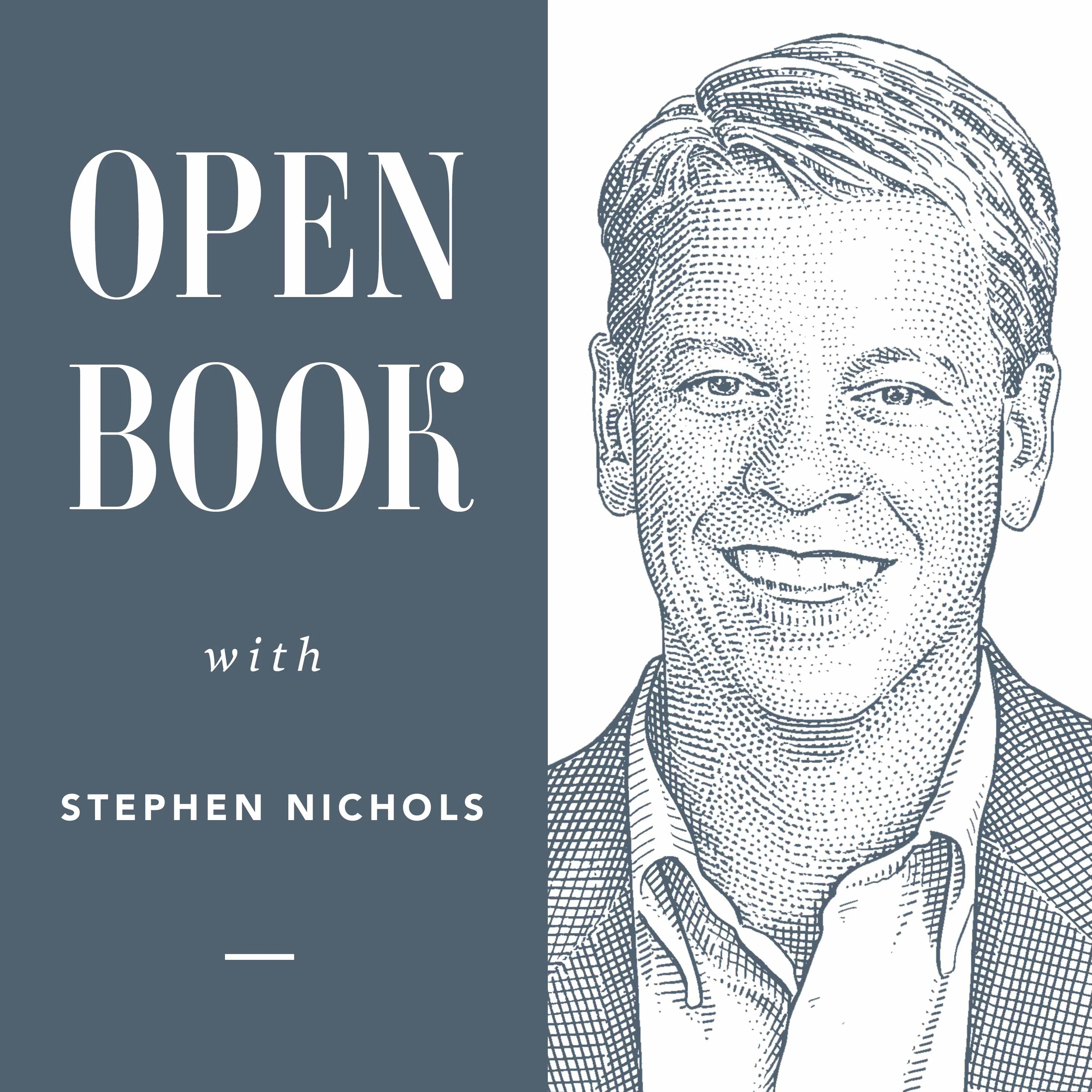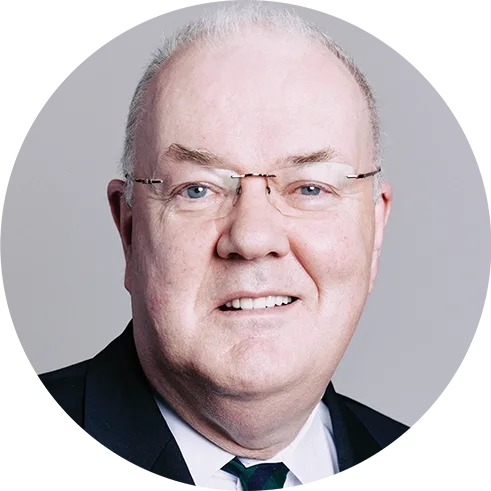Derek Thomas on Machen’s Christianity and Liberalism

J. Gresham Machen’s book Christianity and Liberalism may be even more urgent now than when it was published 100 years ago. Today on the Open Book podcast, Stephen Nichols and Derek Thomas discuss this 20th-century classic.
Stream Stephen Nichols’ 12-message teaching series on Christianity and Liberalism: https://www.ligonier.org/learn/series/christianity-and-liberalism
Watch messages from Reformation Bible College’s 2023 Winter Conference, Machen’s Christianity and Liberalism: 100 Years Later: https://www.youtube.com/playlist?list=PLZjnVlXGsQDA2OgTS5OtSkEK69_P7nbJu
Read the February 2023 edition of Tabletalk magazine, “Christianity and Liberalism”: https://tabletalkmagazine.com/print-issue/#christianity-and-liberalism
Dr. Stephen Nichols: Welcome back to another episode of Open Book, and I’ve really been enjoying these conversations with Dr. Thomas. It’s good to see you again, Dr. Thomas.
Dr. Derek Thomas: Thank you. Good to see you, too.
Nichols: And you know, we’ve been having all these great conversations. I’ve really been enjoying them, but I have to say, do you think there’s any room for an American? What do you think?
Thomas: Well, yes, and you’re holding one in your hands: Gresham Machen.
Nichols: So, let’s talk about, finally, an American. So, we’ve got J. Gresham Machen.
Thomas: There’s a story why I purchased this book, and I forget the date of publication of this edition.
Nichols: It just has the original date in here, 1922. I don’t see an actual date for this. I’ve not seen this one before.
So, we’re talking about Machen’s Christianity and Liberalism. This, of course, was a book that grew out of sermons Machen preached in response to a sermon Harry Emerson Fosdick preached: “Shall the Fundamentalists Win?” It was published in 1923. It’s a classic, a twentieth-century classic, but this edition is published in London by Victory Press.
Thomas: And I probably purchased it when I was a college student in the early ’70s.
Nichols: Yeah, it definitely has a ’60s feel to it, the book, and ’70s.
Thomas: When I left seminary, I received a call to become the minister at Stranmillis Evangelical Presbyterian Church in Northern Ireland—in Belfast, in Northern Ireland—which is where my wife grew up. And when we were engaged and I would visit her family, we ended up worshiping on the Lord’s Day at this church. The minister was W.J. Grier.
Nichols: Oh, sure.
Thomas: W.J. Grier wrote a book that the Banner of Truth published that had been on last things, on eschatology, that had been very influential for me. He had studied in the 1920s, the late 1920s, at Princeton when Gresham Machen was a professor. And then when W.J. Grier came back to Belfast in 1929, 1930, ’31, the Evangelical Presbyterian Church was born as a very small denomination out of a Presbyterian denomination that was heading in a liberal direction and had been for fifty years or more.
Nichols: Very much like Machen would do.
Thomas: And Machen came to Belfast and gave a series of lectures about liberalism, which was the instrumental cause in this denomination that I ended up being a minister.
Nichols: Wow, that’s great.
Thomas: And I ended up being a minister with W.J. Grier for about three months, and then he declined into dementia and retired, and then I became the senior . . .
Nichols: The minister, sure.
Thomas: . . . the minister. But in that three or four-month period in 1979, I just have these vivid recollections of speaking to Mr. Grier about Gresham Machen and being sort of completely taken aback by him saying: “Well, I knew him. He was a friend. I mean, he was my college professor. He was my seminary professor, but he also became a friend.”
Nichols: That’s great, sure.
Thomas: He said, “He stayed in this house . . .”
Nichols: Wow. Wow.
Thomas: “. . . in the early 1930s.” And somewhere there exists copies of the lectures that he gave in the 1930s.
Nichols: Interesting.
Thomas: I think, actually, I may have them somewhere. But this book, Christianity and Liberalism, is important for a number of reasons, but principally it’s important because it taught me—it gave me an insight—that liberalism was not just an error here and an error there. It was an entirely different religion.
Nichols: Yes, and not just sort of a version of Christianity that’s acceptable.
Thomas: Right. It did not have the right to call itself Christian. Hence, the title of the book. There’s Christianity and then there’s liberalism.
Nichols: Christianity—and this is something else. I think that’s the beauty—Machen, he’s a libertarian: “You can believe whatever you want to believe, but you can’t totally rethink and renew everything in Christianity and still call it Christianity. You can’t change the doctrine of God, change the doctrine of Scripture, change the doctrine of Christ, the gospel, even the doctrine of the church and still call it Christianity.” It’s a very cogent point, a very cogent argument that he makes.
You know, I think sometimes Christianity and Liberalism might even be more relevant today if you take out that particular of Harry Emerson Fosdick and what was happening in liberalism in the 1920s, but what he’s positively saying—and what we need to hear him saying—it’s almost, I think, in some ways, more urgent today for us to hear this.
Thomas: Yes, and an anniversary volume was published a few years ago of Christianity and Liberalism. I think it had a foreward by Carl Trueman.
Nichols: It did—foreward by Carl Trueman, the church history professor at Westminster Seminary, the seminary when Machen left Princeton—founded Westminster.
Thomas: And it underlined, I think, that some books have a very particular context in which they get written, but there’s something about what they contain that actually is timeless. I think this is one of those books. I mean, it’s certainly rooted in something that happened in 1920s and early 1930s maybe, but it is timeless in terms of that worldview that if you tamper at all with anything that Jesus said or claimed, you’ve got another religion. It’s not Christianity anymore.
Nichols: I always liked the way Machen ended this book. You know, he’s talking about how the church and liberals thought they were going to be helpful for people if they would turn the sermon into sort of a commentary on this week’s news. And he would say: “Is there no place”—this is the very last paragraph—“Is there no place of refreshing where a man can prepare for the battle of life? Is there no place where two or three can gather in Jesus’ name, to forget for the moment all those things that divide nation from nation and race from race, to forget human pride, to forget the passions of war, to forget the puzzling problems of industrial strife, and to unite an overflowing gratitude at the foot of the Cross?” Like, “That’s where I want to be every Sunday,” Machen is saying. That’s what really the church should be, that we just come into the church and be refreshed by the gospel.
So, it’s just interesting, even that liberalism’s desire to be relevant made them incredibly irrelevant, ultimately, and they weren’t offering what the world needed. So, Machen, Christianity and Liberalism. We’ve got an American finally.
Thomas: And one more.
Nichols: Oh, okay.
Thomas: But we’ll keep his name secret.
Nichols: Alright, well, we’ll have to come back to your library then for that one, but thanks for this visit. Deeply appreciate it, and thanks for once again drawing our attention to this great book by Machen. Thank you.
I’m Steve Nichols, and you’ve been listening to Open Book, a podcast about the power of books and the people they’ve shaped. Help grow this podcast by sharing it with a friend or your family. Also, be sure to leave a review wherever you listen to the show. This is a great way to help others find the podcast. Please join us next week as we’ll be back in the library for another episode of Open Book.
Recent Episodes
Augustus Nicodemus Lopes on Renewing Your Mind
June 27, 2024|Theologians
Augustus Nicodemus Lopes on Pearcey and Thaxton’s The Soul of Science
June 20, 2024|Apologetics
Augustus Nicodemus Lopes on Ridderbos’ Paul: An Outline of His Theology
June 13, 2024|Biblical Theology
Augustus Nicodemus Lopes on Lloyd-Jones’ Preachers and Preaching
June 6, 2024|Christian Classics
Augustus Nicodemus Lopes on Spurgeon’s Lectures to My Students
May 30, 2024|Christian Classics
Augustus Nicodemus Lopes on Packer’s Evangelism and the Sovereignty of God
May 23, 2024|Christian Classics

